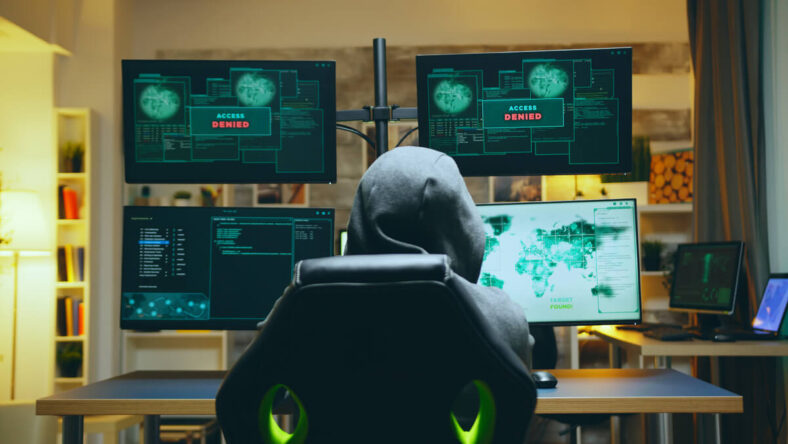In today’s digital age, it’s important to keep your computer safe and secure from cyber attacks. Hackers and cybercriminals are always on the lookout for vulnerabilities in computers and networks, and it’s essential to take precautions to protect your personal and sensitive data. Here are ten tips for keeping your computer safe and secure from cyber attacks.
Use Strong Passwords
Strong passwords are critical for protecting your computer and online accounts. Use a combination of letters, numbers, and special characters in your passwords, and avoid using the same password for multiple accounts.
Keep Your Software Up to Date
Software updates often include security patches and bug fixes that can protect your computer from cyber threats. This is especially important when you use apps to free sext as much malware can be found on similar apps. Sexting apps are wide popular and widely attacked. Make sure to regularly update your operating system, antivirus software, and other programs to stay protected.
Use Antivirus and Firewall Software
Antivirus and firewall software can help protect your computer from malware, viruses, and other cyber threats. Choose a reputable antivirus program and make sure to keep it updated regularly.
Avoid Suspicious Websites and Emails
Phishing scams are a common way for cybercriminals to access sensitive information. Avoid clicking on links or opening attachments from unknown senders, and only visit websites that you trust.
Backup Your Data
Regularly backing up your data can protect you from data loss due to cyber attacks, hardware failure, or other issues. Consider using a cloud-based backup service or an external hard drive to store your important files.
Use Two-Factor Authentication
Two-factor authentication adds an extra layer of security to your online accounts by requiring a second form of verification, such as a code sent to your phone, in addition to your password.
Be Wary of Public Wi-Fi
Public Wi-Fi networks can be insecure and potentially allow hackers to access your computer or steal your personal information. Avoid using public Wi-Fi for sensitive activities, such as online banking or shopping.
Use a Virtual Private Network (VPN)
A VPN can help protect your online activity and data by encrypting your internet connection and routing it through a secure server. Consider using a VPN, especially when accessing public Wi-Fi or when traveling.
Use a Pop-up Blocker
Pop-up ads and windows can be a common way for hackers to spread malware or steal your personal information. Use a pop-up blocker to prevent these types of attacks.
Educate Yourself on Cybersecurity
Staying informed and educated about cybersecurity best practices can help you stay safe online. Consider taking an online course or reading up on the latest cybersecurity threats and trends.
Conclusion
In today’s digital age, cyber attacks are a serious threat to our personal and sensitive information. However, by following these ten tips for keeping your computer safe and secure from cyber attacks, you can minimize your risk of falling victim to these threats. From using strong passwords and antivirus software to backing up your data and educating yourself on cybersecurity best practices, these tips are simple yet effective ways to protect your computer and data from potential attacks. By taking a proactive approach and staying informed, you can help ensure the safety and security of your digital life.


